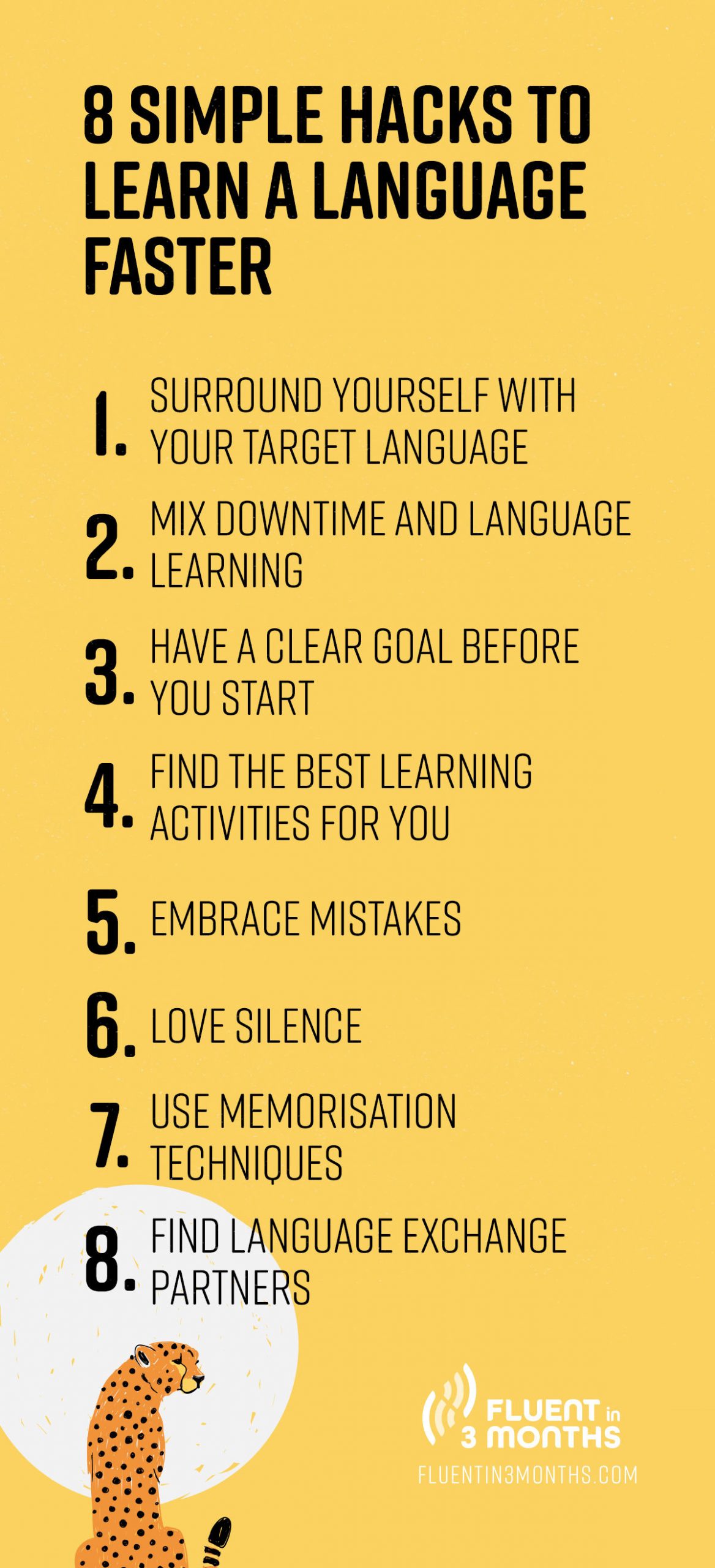Traveling abroad is an incredible adventure that allows us to explore new cultures, experience different sights and tastes, and broaden our horizons. However, one concern many of us have when traveling to a foreign country is the language barrier. Communicating in a foreign language can be a bit daunting, especially if you don’t have any prior knowledge of it. But fear not! With a few language hacks, you can make your travel experience much smoother and more enjoyable.
1. Learn a few key phrases before you go:
Before you embark on your journey, take the time to learn some basic phrases in the local language. Greetings, thank you, please, and excuse me are a great start. Not only will it show respect to the locals, but it also allows you to make a positive first impression. Apps like Duolingo or Babbel can help you practice basic vocabulary and common phrases before you even set foot on foreign soil.
2. Make use of translation apps:
While learning a new language is ideal, it’s not always feasible for every traveler. Thankfully, technology has come to our rescue with translation apps like Google Translate. These apps allow you to easily translate signs, menus, or even conversations in real-time. You can simply type in the phrase or use the camera feature to scan written text, and voila, you have an instant translation. It’s like having a personal interpreter in your pocket!
3. Be patient and embrace non-verbal communication:
Sometimes, words are not necessary to convey a message. Non-verbal communication, such as gestures, facial expressions, and body language, can be universally understood. So if you find yourself struggling to communicate verbally, don’t be afraid to rely on these non-verbal cues. A smile, a friendly nod, or a simple thumbs-up can go a long way in bridging the language gap and creating connections with locals.
4. Use visual aids:
If you’re having trouble understanding or being understood, visual aids can be a lifesaver. Carry a pocket-sized picture dictionary or simple flashcards with images of common items or activities you may need to communicate about. For example, if you’re at a restaurant and want to order a vegetarian dish, showing a picture of a vegetable can help convey your dietary preference without any verbal explanation.
5. Seek out language exchange opportunities:
One of the best ways to improve your language skills while traveling is to find language exchange opportunities. Many cities have language exchange groups or Meetup events where locals and travelers come together to practice different languages. It’s a fun and interactive way to meet new people, make friends, and practice speaking in a supportive environment. Plus, you might end up learning some colloquial expressions or cultural nuances that you wouldn’t find in textbooks.
6. Be open-minded and curious:
Approach every interaction as an opportunity to learn and grow. Embrace the unfamiliarity and be open to different ways of communicating. Don’t let the fear of making mistakes hold you back from trying to speak the language. Locals appreciate the effort you make, even if your pronunciation isn’t perfect. Remember, communication is a two-way street, and sometimes, the simplest conversations can become cherished memories.
7. Learn about cultural norms and customs:
Language is not just about words; it’s embedded in cultural contexts. Learning about the customs and norms of the country you’re visiting can help you understand the language better and avoid misunderstandings. For example, in some cultures, it’s customary to greet someone with a kiss on the cheek, while in others, a handshake is more appropriate. Knowing these nuances will not only help you navigate social situations but also show respect for the local culture.
8. Don’t be afraid to ask for help:
When all else fails, don’t hesitate to ask for help. Locals are often willing to assist, especially when they see you making an effort to communicate in their language. Whether it’s asking for directions, ordering food, or finding the nearest restroom, seeking assistance from locals can make your experience much smoother and more enjoyable.
In conclusion, while language barriers may seem like a hurdle, they should never be a deterrent to exploring the world. By following these language hacks and having a positive attitude, you can enhance your travel experience and create meaningful connections in any foreign country. Remember, the beauty of travel lies in the ability to step outside your comfort zone and embrace the unknown. So go ahead, venture forth, and let the world be your classroom!




